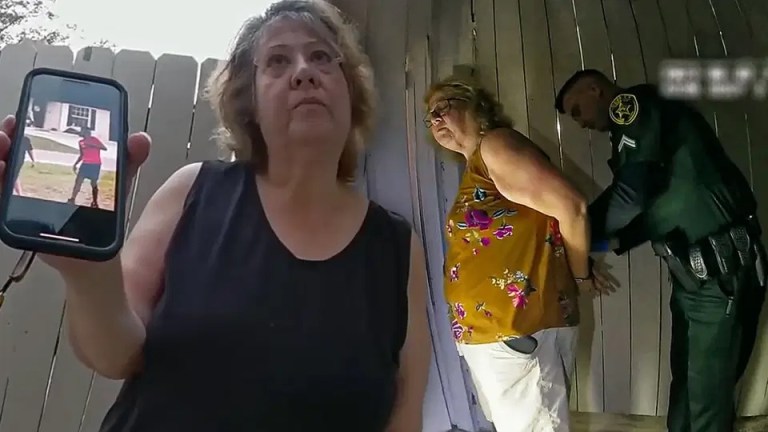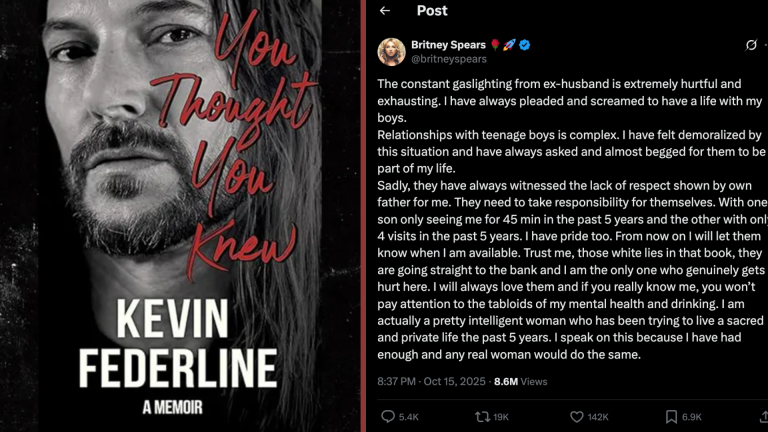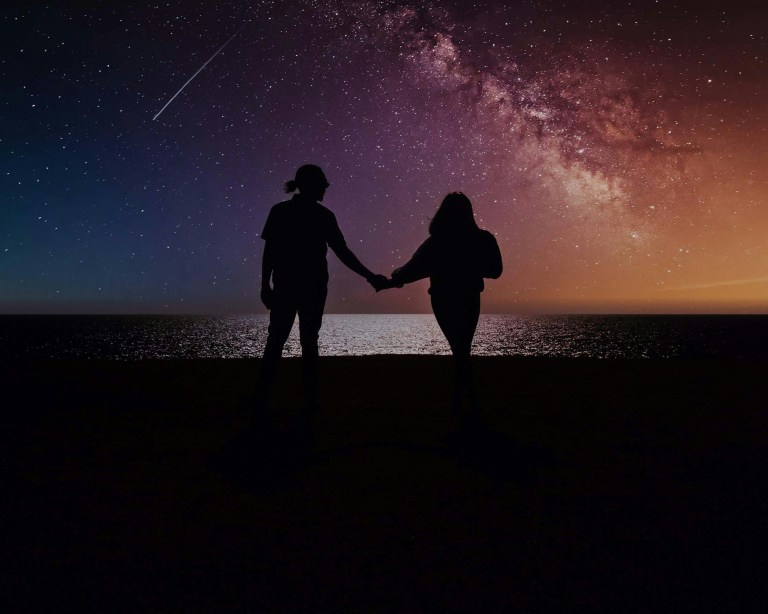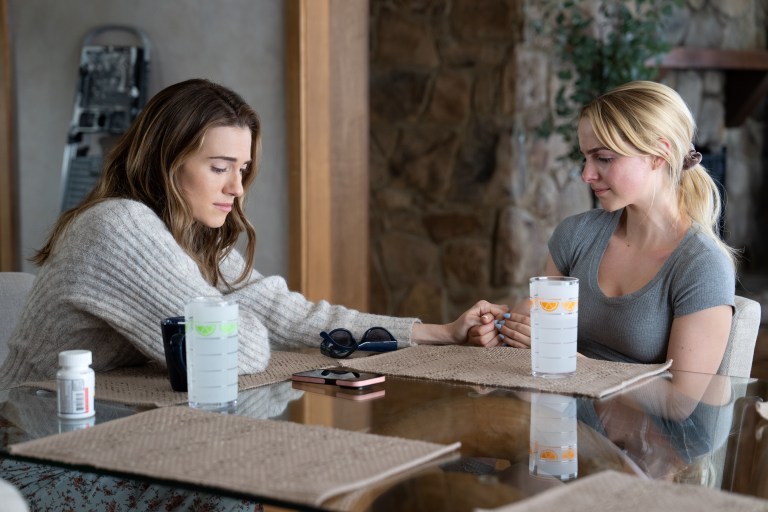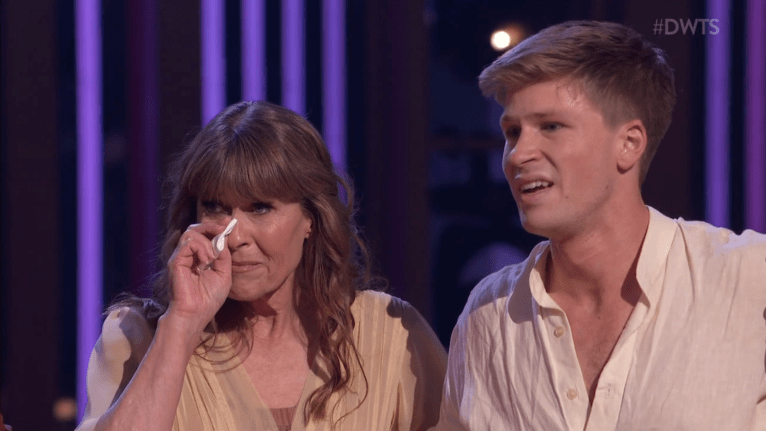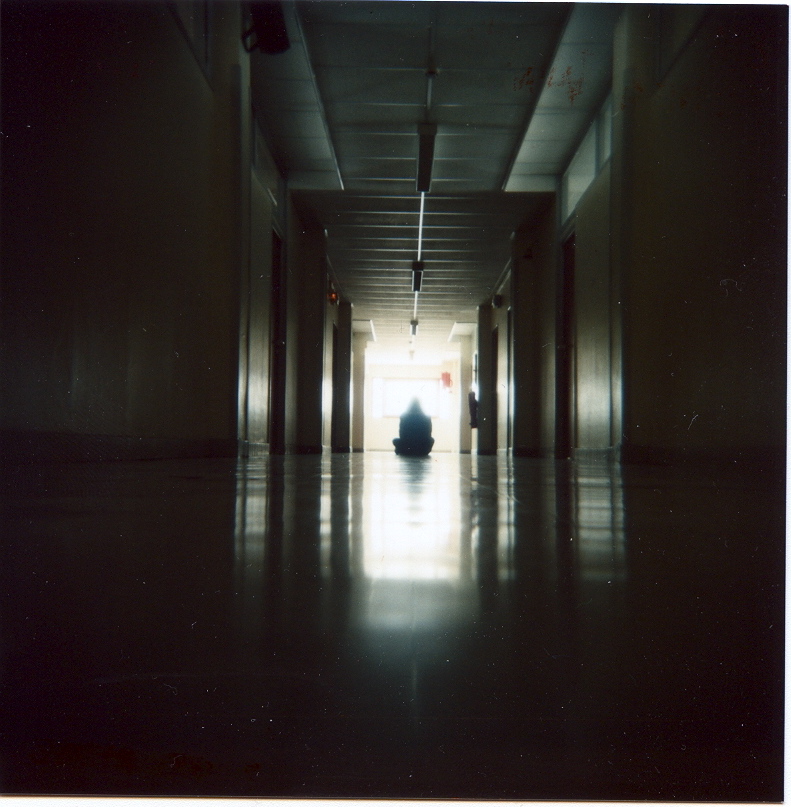
I Finally Found Out Why My Foster Parents Asked Me Never To Contact My Biological Mother
I remember often asking about my mother. Along with all of my other uncertainties, there was the lingering question of why I could never see her. I always got the same answer, "You’re too young to understand, Luke."
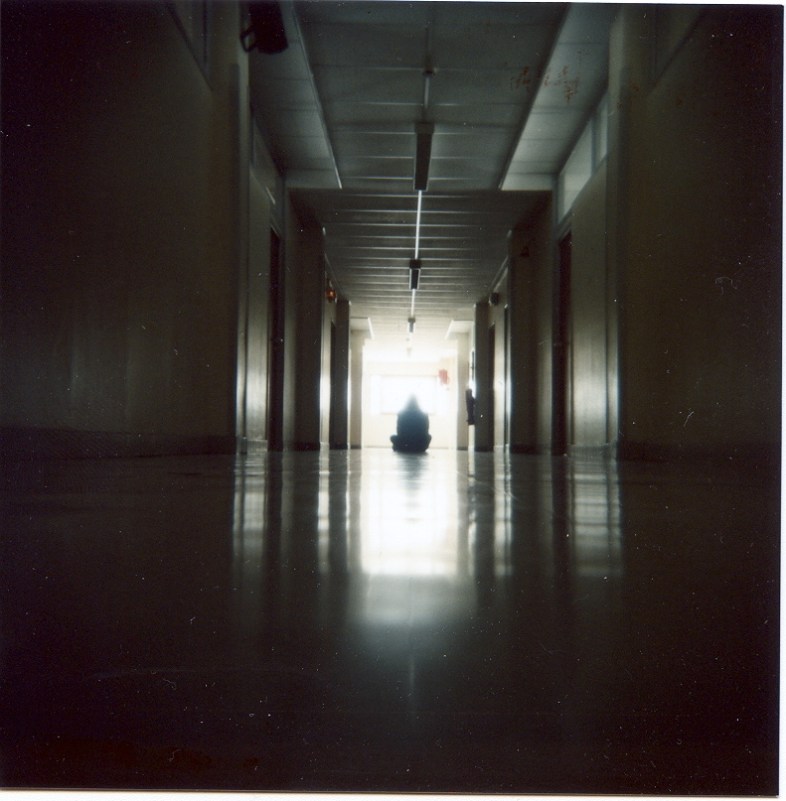
I was lucky to have foster parents that cared for me as much as Elaine and Bob Wallace did. I’ve heard so many horror stories about the things some kids go through in the system. From well-disguised child molesters to abusive couples who treat their pets better than their foster children, the adoption system is definitely riddled with pitfalls. But then there were those genuinely great people out there, like Bob and Elaine.
I was too young then to know what they were saving me from; too young to appreciate their constant attendance in court to ensure that I would not get transferred to another home. Being unable to take me in as their own for some reason, this was the closest thing to adoption as they could get.
I remember often asking about my mother. Along with all of my other uncertainties, there was the lingering question of why I could never see her. I always got the same answer, “You’re too young to understand, Luke.”
As years went by, I started thinking those inevitable thoughts that will infiltrate even the most hardened minds of foster children: I must have done something very bad to make her hate me so much that she doesn’t want to be my mother anymore. Why won’t she write to me or call me or make any attempt to communicate with me? Does she even remember that she has a son anymore? Sometimes I would vent these frustrations to Uncle Bob, as he liked to be called now. I remember being 10-years old on a fishing trip, just him and me. He let me sit on his knee and steer the jeep down a snowy road until I almost ran us into a ditch. There was just enough thaw in the Alaskan wilderness of Soldotna to allow a stream to flow freely, teeming with salmon. I still have the two pictures of us from the trip. Bob was holding up a small, five pound salmon and smiling. I was crying my eyes out, holding up a salmon that was longer then I was tall, with both hands bracing me under its weight.
“What’s wrong with my mom?” I asked him on the drive back.
He looked at me as hard as he could before having to look back down the road. It was dark out and the road had been crossed by more than a couple moose already.
“Your mother is…” he was evidently reaching for the right words, “she is unwell, son.”
“Like she’s sick?”
“Yes. But she’s a special kind of sick.” He thought a moment longer. “She’s always been a little sick, if you ask me. She and I went to high school together, that’s how I found out about you. But after you were born, she got worse.”
Then it was my fault. The thought struck me, but I didn’t give voice to it. I had always been certain anyways, so this wasn’t much news to me. Bob must have seen something in the look on my face because he smiled reassuringly and motioned for me to take the wheel again.
Five years later, I was moved to another home. The Wallaces were in court daily for weeks, but in the end they lost the appeals. I still don’t understand the necessity of moving children around like this. Still, at the time, I was too naïve to be worried about it. I was just a little heart-sick about losing Bob and Elaine. In all honesty, being 15-years-old helped a lot, because I was moving into that age where the only thing that really mattered was myself. They threw me a big going-away party and then I was whisked away into a government-issued Astro van, and headed farther up north to a small city called Palmer.
I only left behind one very close friend named Garett. He was a foster kid too, so we instantly took to understanding each other, although we had a silent agreement amongst ourselves that we wouldn’t consider ourselves different from any other kids. But there is definitely something about the system that marks you whether you like it or not. It was from him that my desire to know my biological mother started resurfacing. During one of our long chats on the phone, he told me he met his mother. He said it was a little weird at first, but now he’s relieved that it happened.
It wasn’t long after I was with my new family, the Thompsons, that I found myself yearning to meet my biological mother. Tucker, the husband, was an alcoholic, though he tried to hide it from us. I didn’t talk much, so he would be oblivious to my presence around the house while he took steady nips off a pint he kept in his jacket pocket. Mariette knew too, but she pretended like she didn’t. They had a really strange, repressed kind of relationship with each other, which obviously trickled down into a strange, repressed kind of relationship with me. Thus, it came to pass that I was treated like the resident ghost.
This all encouraged my resolve to finally go out and find my mother. I got a bus ticket back to Soldotna and they never even noticed I was gone. Garett was great with computers, so he was able to get all of her information and track her down for me. He met me at the station for moral support before we headed off together to the Serenity House Treatment Center. It was there that a smiling woman in blue led me down a brightly lit hall to a door at the end that stood open. She motioned for us to go in before returning to her station at the front.
I found my mother sitting in a chair, looking out the window. Her brown hair was the same dark shade as mine. Every fiber of my being was tingling in a way that I hadn’t expected. I couldn’t explain why, but I was suddenly very excited to meet her. Garett urged me forward, and I walked in to announce myself.
“Bridgette?”
She turned towards me, her smile lines reflecting my own, except that her face was more wrinkled from premature aging. I could tell she had once been very beautiful, but something about this place, or whatever ailed her, had robbed her of this beauty years ago.
“Hello,” she said sweetly. “Who might you be?”
“I’m Luke.”
“Luke?”
“I’m your son.”
Her face went blank for a moment. She seemed to be pondering some very difficult equation in her head, looking down. When she faced back up, her features were distorted. She was exploding with a sudden fury.
“You bastard rapist piece of shit!” she screamed. She flung the chair down as she tore up at me. “You filthy fucking sick bastard! Rape! Rape!”
She swung her hands like claws, tearing at my arms. She grappled with me and dropped me to the floor before I could realize what was happening.
“You are the bastard son of a rapist and you two will burn in hell together, you little piece of shit!” she screamed, inches from my face.
She motioned as though she was about to tear into my neck with her teeth, but before she could, she was wrenched away by Garett. He locked her arms up behind her head and yanked her away.
“Burn in hell you rapist piece of shit! Burn in hell, both of you!” she screamed.
The nurses flooded in, some restraining her and others urging us from the room. We were ushered into the lobby and told to wait. Garett was looking at me, horrified, yet apologetic at the same time. I assured him it wasn’t his fault. I knew he was thinking it, so I stopped him before he could apologize. It was no one’s fault. No one except for one man.
A doctor with a coat as white as his moustache came down the hall and strolled out into the lobby to meet us. He shook our hands, apologizing profusely.
“Luke, I presume?” he asked me. He eyed the scratches on my arms and my neck. “I’m very sorry. Rosie is new here, she really ought not to have let you in, considering the…circumstances.”
“Is it true?” I asked. A sick feeling had taken root in my stomach in the midst of the violence. Beneath the burning wounds was something hurting ten times worse. “Is it true what she said?”
“Yes,” he said, looking hard into my eyes. “I’m guessing she finally got to say to you what she has been wanting to say for several years now. Your mother was…raped when she was 25, and you are…” he paused, as if looking for the right word, “…the outcome.”
Feeling suddenly lost, I thanked him and walked out with Garett. The world looked foreign to me now. Though I had grown up in Soldotna, the streets now looked wild and mysterious. Everything had taken on a new blankness, as though devoid of any significance any longer. The sick seedling in my stomach was growing. It was growing through me.
When we reached the bus stop Garett turned to me, “Just because your dad was sick, doesn’t mean you-”
“I know,” I stopped him. “I know that, but… so what? You know? That’s the least of it all.”
He thought for a second.
“Yeah, man. I know what you mean. I’m sorry.”
We waited in silence for the bus to come. After I had boarded and waved goodbye to Garett, I thought hard for the whole ride home. I know I will not grow up to be evil just because my father was. I know that. But still… I am still the consequence of him. My mother is not my mother. My father is not my father. And even I do not wish to possess my own identity any more. ![]()
